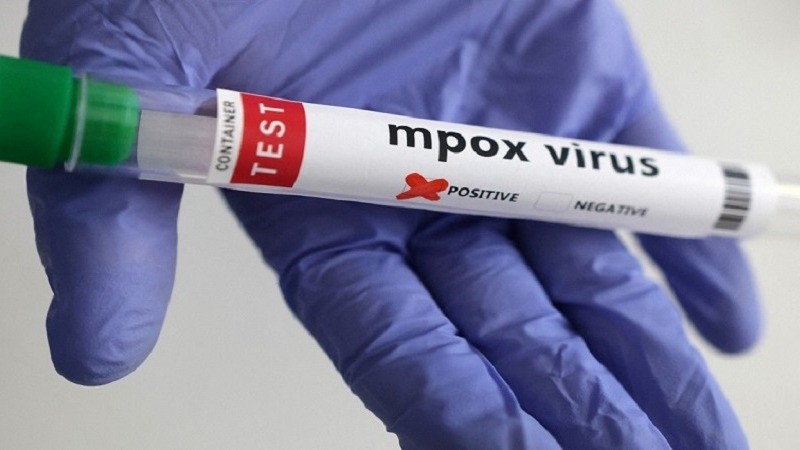
The Union Health Ministry has issued an advisory following India's report of its first clade 1b Mpox infection on September 23, making it the third non-African country to do so. The advisory, released on Thursday, aims to inform all states and union territories about the infection's potential risks.
According to the advisory, "The clinical presentation of Mpox clade I in adults remains similar to clade II." However, it also highlights that clade I may have a higher rate of complications compared to clade II infections. As a precaution, the Department of Health and Family Welfare has instructed the isolation of all suspected Mpox cases and the enforcement of strict infection prevention and control measures.
To aid in managing this outbreak, the Health and Family Welfare Department has provided protocols for clinical management, infection control practices, and a risk communication strategy. It has also shared a list of laboratories designated for testing.
The World Health Organisation (WHO) declared the Mpox outbreak a Public Health Emergency of International Concern (PHEIC) on August 14, marking the second time it has done so under the International Health Regulations, 2005.
The advisory urges states to evaluate public health preparedness at healthcare facilities, directing them to conduct reviews at both state and district levels. The Health Ministry also mandated that hospitals establish isolation facilities for managing suspected and confirmed cases. This includes ensuring the availability of trained staff and developing plans for resource augmentation.
The advisory emphasized, “The 2024 PHEIC is associated with the Mpox virus clade I, which is more virulent and transmissible than Mpox clade II.”
Additionally, it instructed that skin lesion samples from any patient exhibiting suspected Mpox symptoms should be sent to designated laboratories without delay. If a patient tests positive, their sample must also be sent for genome sequencing to determine the specific clade.
MORE TO READ.....
MPOX Clade-1: First Case Detected in Kerala, India
Which Country is the First to Eliminate Leprosy?
WHO Calls For Enhanced Diagnosis on World Patient Safety Day